Kidney Cyst Surgery in Rewari
Kidney cyst surgery, particularly laparoscopic cyst ablation, is a minimally invasive procedure designed to treat symptomatic kidney cysts while preserving kidney function. Doctors often recommend this surgery for patients experiencing flank or abdominal pain caused by these cysts. Patients must understand the procedure, its benefits, potential risks, and what to expect during recovery. Empower your health by understanding how kidney cyst surgery can relieve pain, restore comfort, and protect your kidney function with minimal recovery time in this blog.
What is a Kidney Cyst?
A kidney cyst is a fluid-filled sac that forms on or inside the kidneys. The size of these cysts can vary, and they are round or oval with well-defined edges. Many kidney cysts are benign and asymptomatic, but some can lead to complications depending on their type and size.
Common Kidney Cyst Symptoms in patients
While many kidney cysts, straightforward ones, remain asymptomatic, they can cause symptoms if they enlarge or rupture. Common symptoms include:
-
A dull or sharp pain in the side, back, or upper abdomen, especially if the cyst grows or bursts.
-
Fever and chills may indicate an infection within the cyst.
-
Known as haematuria, blood in urine can occur if the cyst irritates or ruptures.
-
An increased need to urinate may signal the presence of a cyst.
-
If the cyst becomes large enough, it can cause noticeable swelling by pressing on nearby organs.
When Should You Be Concerned?
Most kidney cysts are benign and do not cause symptoms, but you should seek medical advice if you experience:
-
Severe or persistent pain that does not improve.
-
Symptoms of infection such as fever and chills.
-
Blood in your urine could indicate a more severe condition.
-
Sudden changes in urination patterns or an increase in urgency.
How Are Kidney Cysts Diagnosed?
Kidney cysts are usually diagnosed through imaging techniques, as they often do not cause symptoms. The most common methods include:
-
Ultrasound: Doctors use ultrasound as the first imaging test. It employs sound waves to create images of the kidneys, effectively identifying simple cysts by revealing their fluid-filled nature and clear borders.
-
CT Scan: A CT scan provides detailed cross-sectional images of the kidneys, distinguishing between cysts and tumours. Doctors may use contrast dye to improve visibility, helping to assess complex cysts.
-
MRI: MRI generates high-resolution images without radiation, making it useful when CT scans are inconclusive or unsuitable. It can detect subtle changes in cyst structure, which might indicate malignancy.
When is Treatment for Kidney Cysts Necessary? Best kidney specialist in Haryana
Kidney cyst treatment becomes necessary for kidney cysts if they cause symptoms such as pain, infection, or obstructed urine flow. Medical intervention may be required if a cyst becomes large or shows signs of complications.
Non-surgical Kidney Cyst Treatment
Doctors generally manage simple, asymptomatic kidney cysts through the following options:
-
Monitoring: Regular ultrasound scans help monitor any changes in the cyst's size or structure.
-
Sclerotherapy: This minimally invasive procedure involves draining the cyst and injecting a sclerosing agent to prevent fluid reaccumulation. Performed under local anaesthesia, it usually requires outpatient care.
-
Laparoscopic Kidney Cyst Surgery
-
Open Surgery for Kidney Cyst Removal
-
Staying hydrated
-
Eating a balanced diet rich in fruits and vegetables
-
Limiting salt intake
-
Quitting smoking
Why Kidney Cyst Removal May Be Necessary
Doctors recommend surgical removal when a kidney cyst becomes large, causes symptoms, or shows signs of malignancy. The surgery aims to alleviate symptoms and prevent further complications.
Surgeons perform laparoscopic surgery by making small incisions in the abdomen, using a camera (laparoscope) to guide them as they drain the cyst and remove its outer wall. This minimally invasive technique results in less pain and quicker recovery compared to open surgery.
Before kidney cyst surgery in Haryana, doctors will carry out a thorough evaluation, including blood tests to assess kidney function and imaging studies to confirm the cyst's characteristics. This ensures the right surgical approach is chosen.
Patients should follow preoperative instructions, such as fasting before surgery, maintaining a healthy diet, and staying hydrated.
Patients receive general or local anaesthesia depending on the surgical method. The procedure lasts one to three hours, depending on its complexity.
After kidney surgery, doctors monitor patients for complications such as infection or bleeding. Follow-up appointments help assess healing and kidney function.
The Link Between Renal Cysts and Kidney Health
Renal cysts can impact kidney function if they grow large enough to block urine flow or become infected. Regular monitoring helps ensure any potential problems are addressed early.
Lifestyle Changes for Kidney Health
Although there is no guaranteed way to prevent kidney cysts, adopting a healthy lifestyle supports kidney health:
Kidney surgery in Haryana offers a solution for patients experiencing discomfort or complications from symptomatic cysts. If you reside in Haryana and experience kidney discomfort, consult with a reputable kidney hospital in Haryana like SS Kidney Urology Surgery. They will help you diagnose the complication and recommend the right treatment options. Maintaining a healthy lifestyle, regular check-ups, a balanced diet, and proper hydration, can also support kidney health and prevent further complications from cysts or other kidney-related issues.

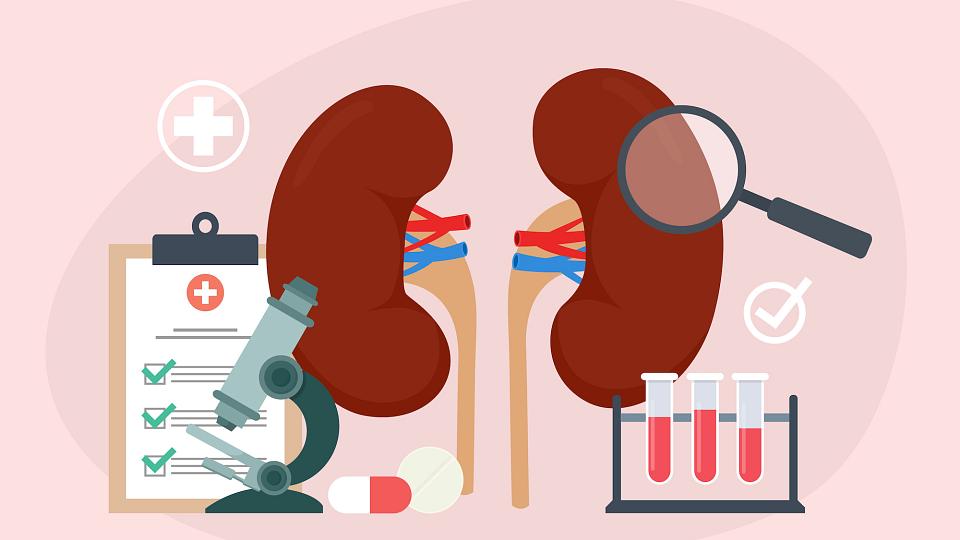


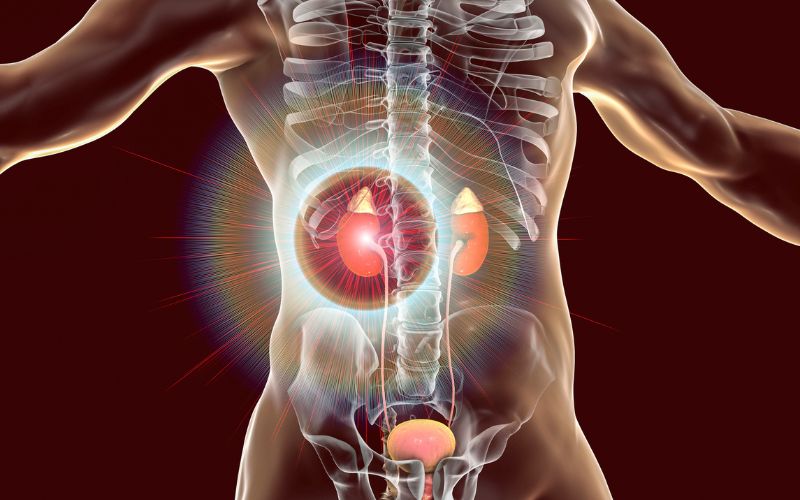
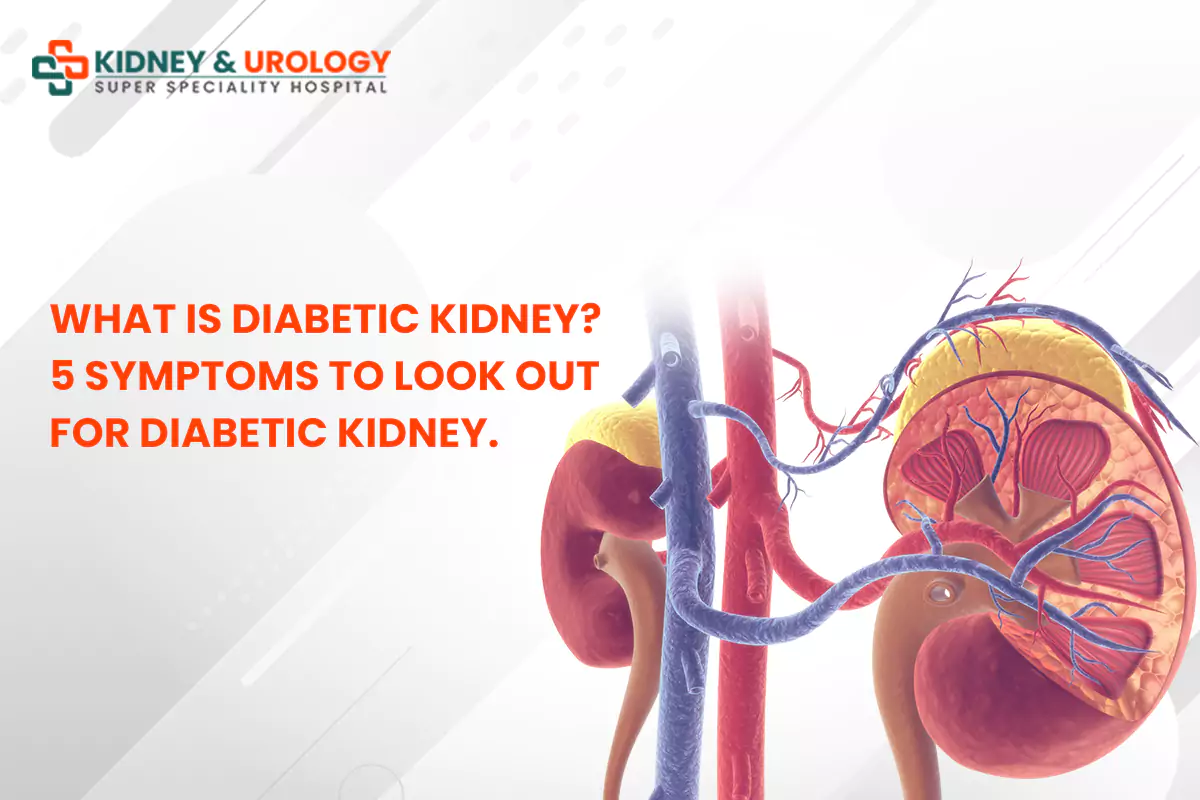
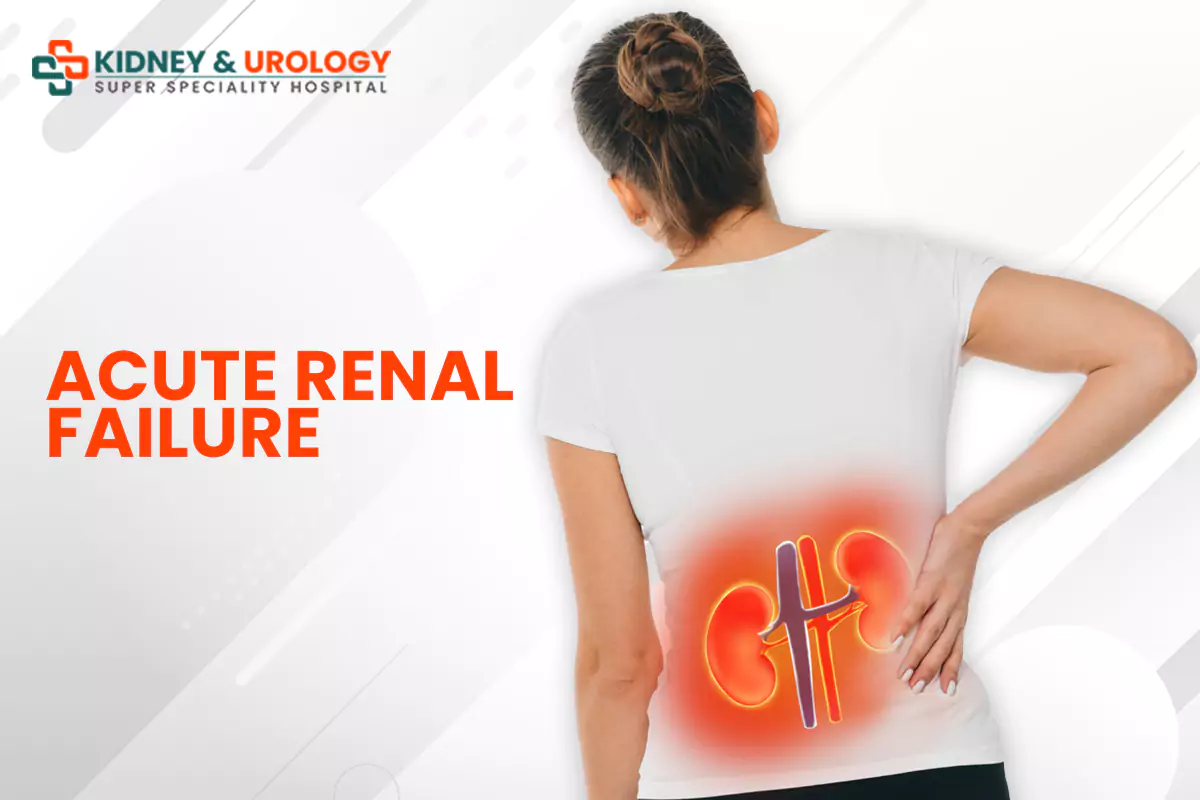
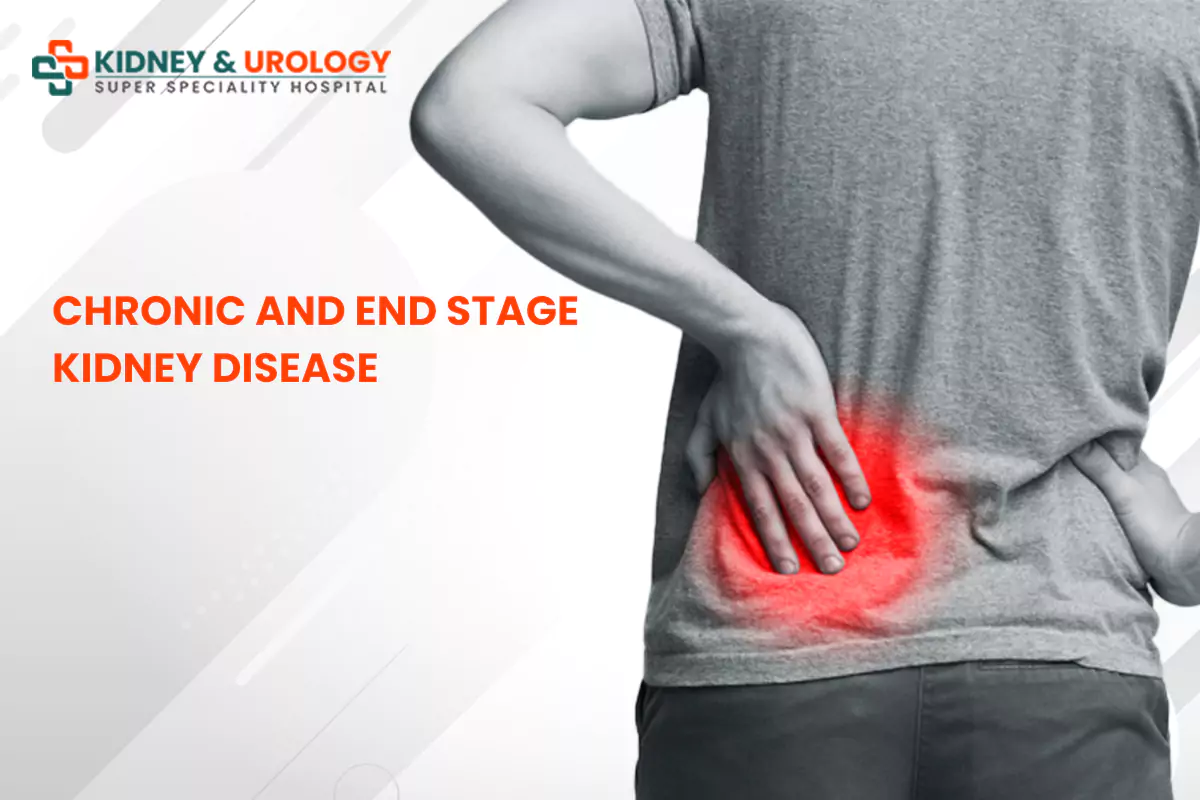

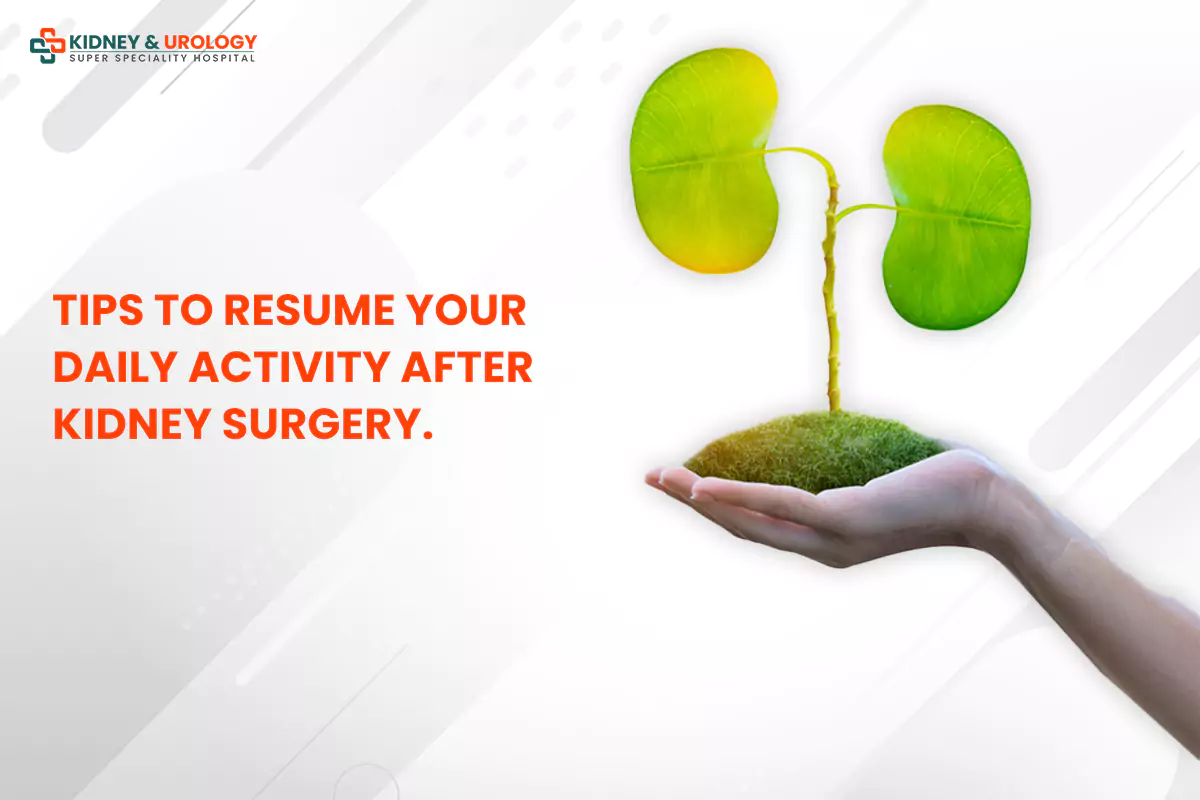




Request A Callback